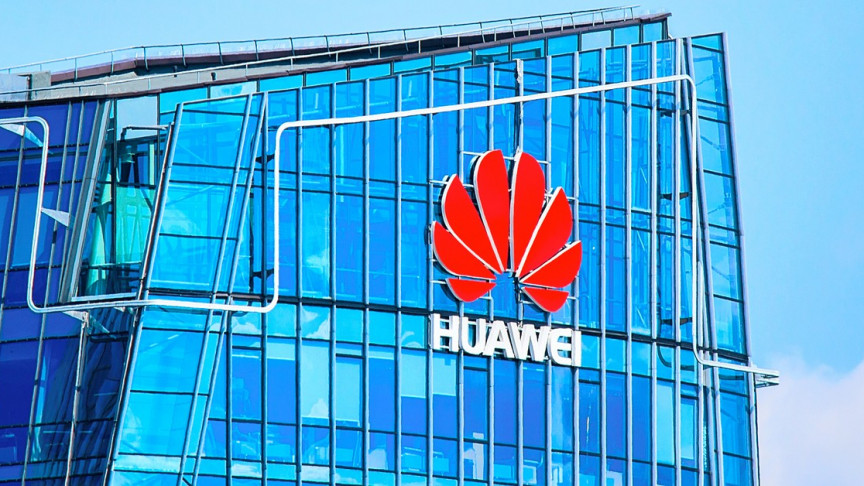
Huawei Unveils New Operating System for Phones: “HarmonyOS”
Published on June 2, 2021 at 3:49 PM by Chisomo Kambale
China’s Huawei Technologies (HWT.UL) announced the launch of its proprietary Harmony operating system (HarmonyOS) for smartphones on Wednesday.
Huawei developed the operating system after it lost access to Google’s Android software on account of sanctions imposed by the United States.
The Chinese media cited a message posted on the operating system’s official account on Weibo, the Chinese equivalent of Twitter, in which the company announces a presentation event in Jun. 2.
HarmonyOS, called Hongmeng in Mandarin, had already been launched for other types of devices including tablets and wearables in August 2019.
The company expects more than 300 million devices to be equipped with the HarmonyOS operating system by the end of this year.
Out of these, around a third would be other companies’ devices, state-run news agency Xinhua reported.
“It is very important to cultivate a sound ecosystem for HarmonyOS in two years. Now, we have hundreds of millions of Huawei mobile phone users. If they upgrade their smartphone systems to Harmony-OS and feel that the experience is good, they will stay with our products,” said Wang Chenglu, president of the software department at Huawei’s consumer business group, China Daily reported.
Huawei’s mobile phone sales were affected after the company was included in a US blacklist for alleged links with Chinese intelligence services.
This limited its access to technology developed in the US including the Android operating system, owned by Google.
Unlike previous years, Huawei this year decided not to make public the number of smartphones it sold throughout 2020.
However, research firm Canalys pointed out that in the fourth quarter, the Chinese company slipped for the first time in six years from the list of the top five global vendors of mobile phones.
This was partly because the company sold its budget mobile phone brand, Honor, to “ensure its survival” in the face of US sanctions.


